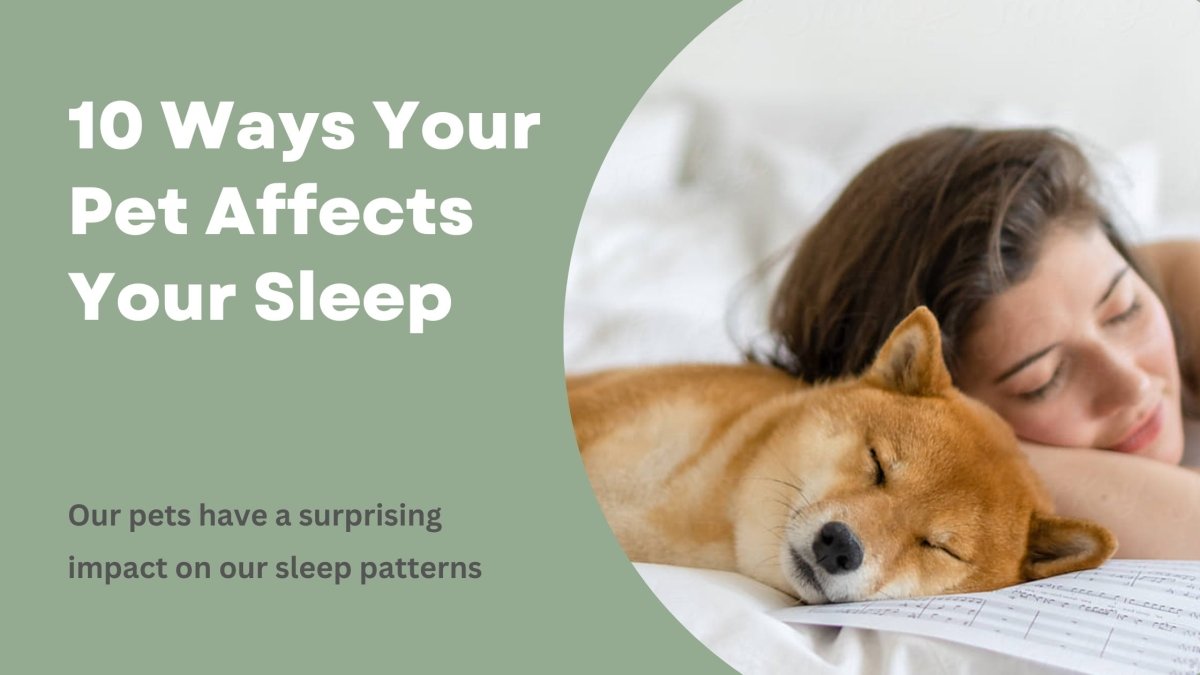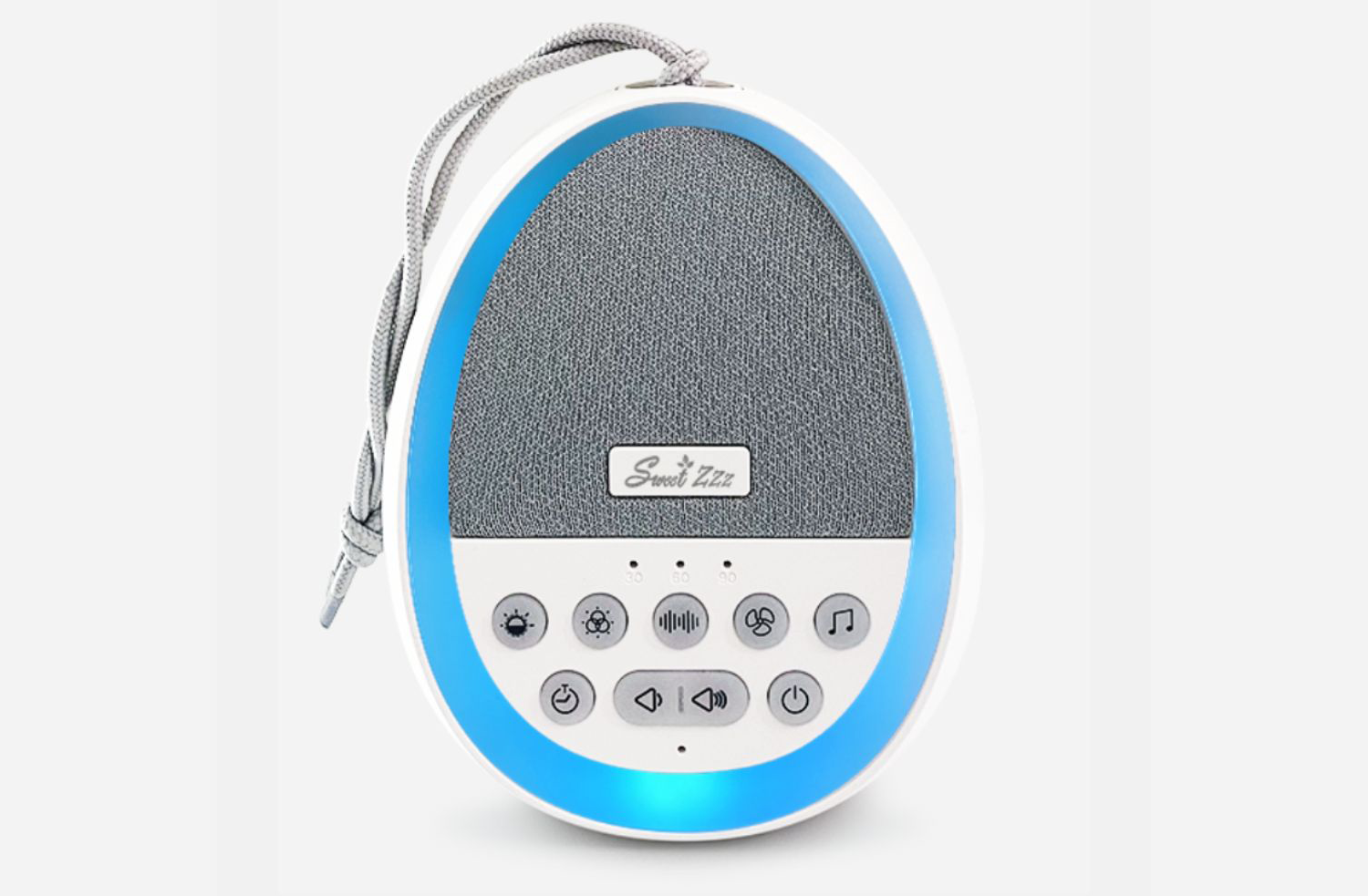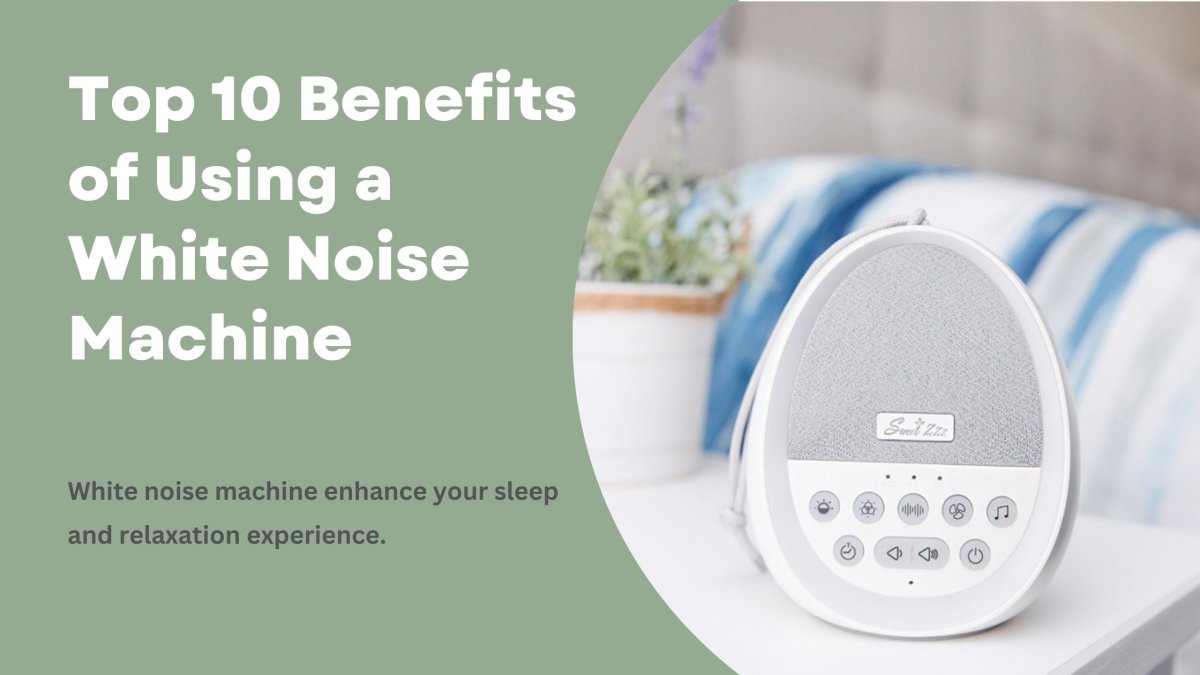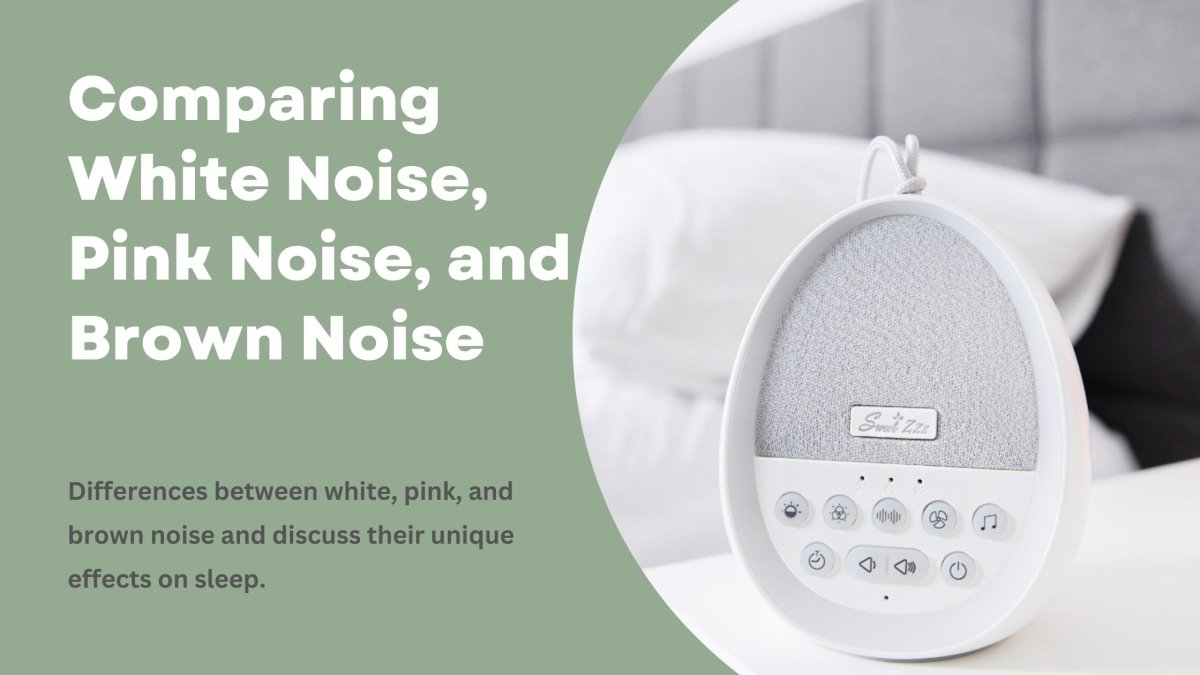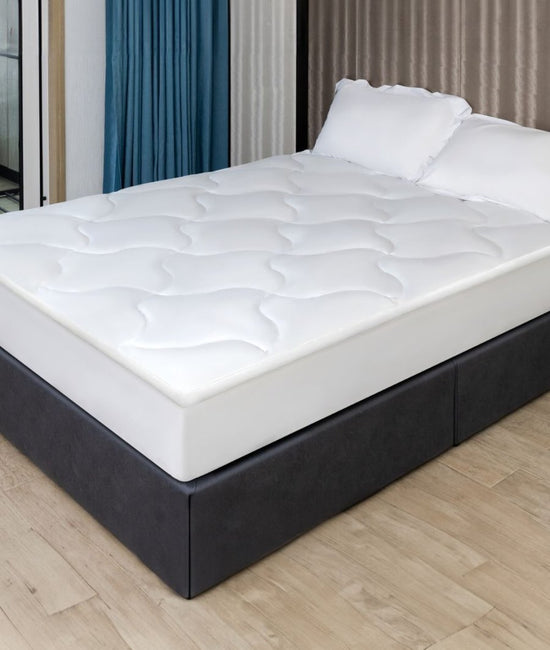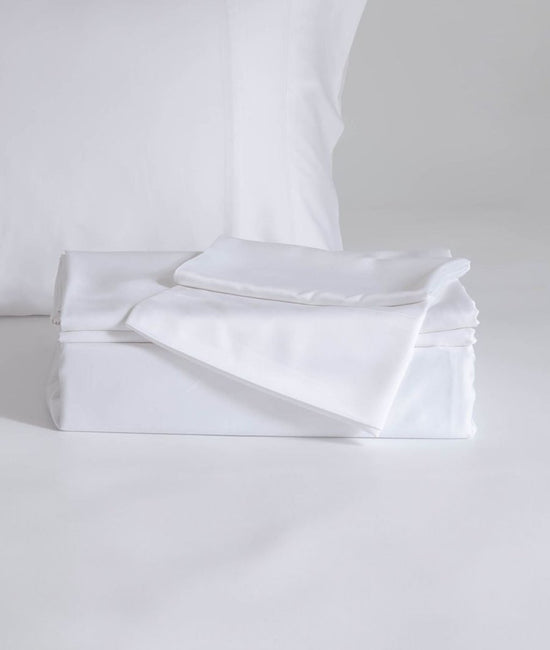10 Ways Your Pet Affects Your Sleep
10 Ways Your Pet Affects Your Sleep
Overview:
As pet owners, we often consider our furry friends part of the family, and for many, this includes letting them share our beds. But have you ever wondered how your pet affects your sleep? From providing a warm, comforting presence to causing unexpected disruptions, our pets have a surprising impact on our sleep patterns. In this article, "10 Ways Your Pet Affects Your Sleep," we delve into both the positive and negative ways our pets influence our slumber, offering an enlightening exploration of the subject.
1- Snuggle Thermostat
When pets share your bed, they provide natural warmth that can be comforting on cold nights. However, this same heat can raise your body temperature uncomfortably high on warmer nights, causing restless, disrupted sleep.
2- Nighttime Activity
Many pets, cats especially, are more active at night. Their late-night explorations, sudden bursts of play, or noisy grooming sessions can cause interruptions in your sleep cycle.
3- Allergies
Pets can carry numerous allergens like dander, dust, and outdoor pollens into your bed. For allergy sufferers, this can trigger reactions such as sneezing, congestion, or itchy eyes, leading to a less restful night's sleep.
4- Pet Snoring
Just like humans, some pets snore. Depending on the loudness of the snore, your pet's nighttime noises could cause light sleepers frequent wake-ups. You could use a good white noise machine to remedy this.
5- Bed Space Intrusion
Whether it's a small dog stretching out or a cat sprawling across your pillow, pets have a way of claiming more than their fair share of bed space. This can leave you feeling cramped, uncomfortable, and struggling to find a good sleep position.
6- Pet Anxiety
Pets with anxiety can have sleep issues, just like humans. Nighttime manifestations of anxiety such as restlessness, whimpering, pacing, or even bedwetting can create significant sleep disruptions.
7- Sleep Routine Interruptions
Pets don't always follow human sleep schedules. Late-night feeding requirements, early morning bathroom breaks, or a desire to play at dawn could result in broken, unsatisfying sleep.
8- Health Benefits
Pets can provide a sense of safety and reduce stress, potentially promoting better sleep. For some people, the rhythmic sound of a pet's purring or breathing can be as soothing as a lullaby.
9- Movement Sensitivity
Some pets, especially dogs, may move or twitch during their sleep as they dream. For light sleepers, these sudden movements could cause wakefulness and disrupt the sleep cycle.
10- Emotional Comfort
The companionship of a pet can offer significant emotional comfort, which can ease loneliness or anxiety and lead to improved sleep quality, especially for those who live alone.
Final Thoughts:
Having a pet share your sleeping space can bring comfort, warmth, and a feeling of security. However, it's crucial to be aware of the potential sleep disturbances that can occur, such as allergies, space infringement, and differing sleep schedules. Remember, quality sleep is integral to your overall health, and if you find your pet is causing more sleep disruptions than benefits, it may be time to reconsider their sleeping arrangements. Despite our love for our pets, ensuring we get the rest we need should be a priority. After all, a well-rested pet owner is a better pet owner. Balance is the key to a harmonious pet-human sleeping arrangement. Sweet dreams!


